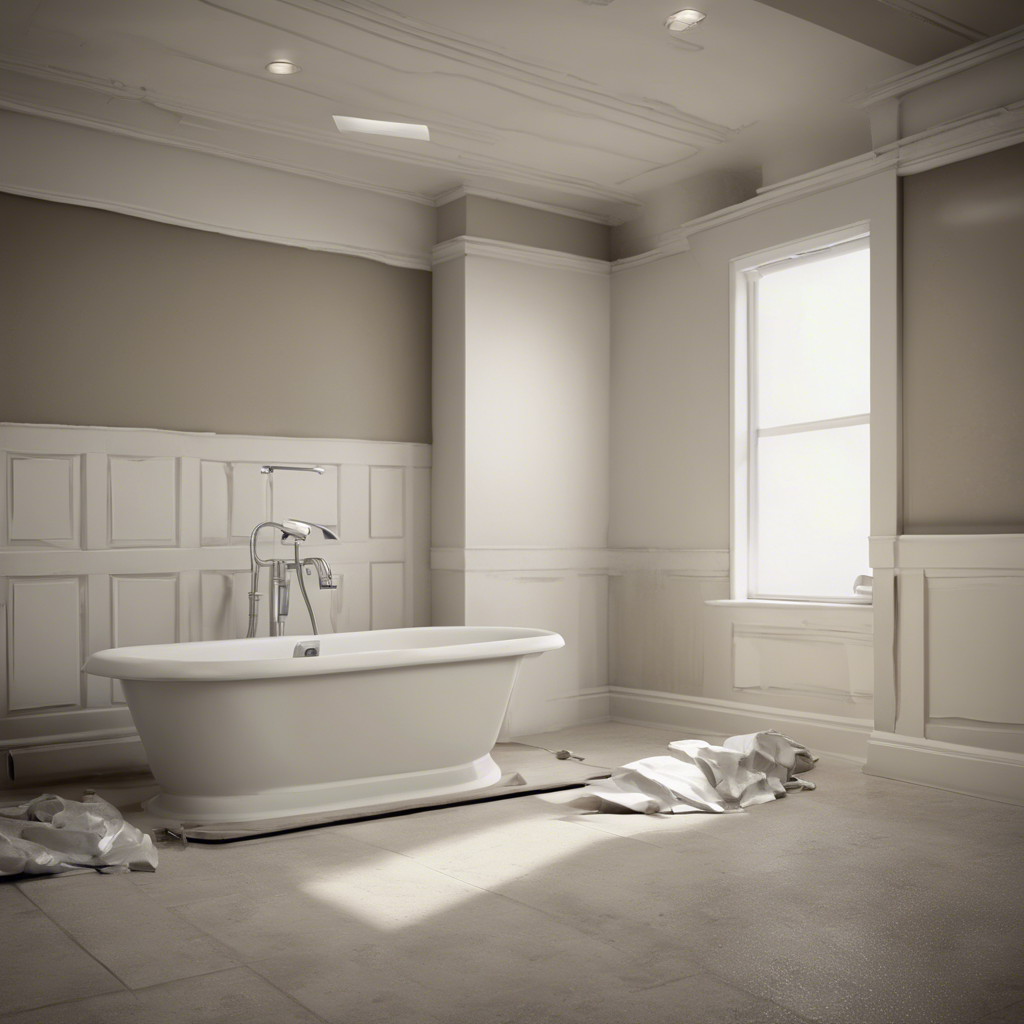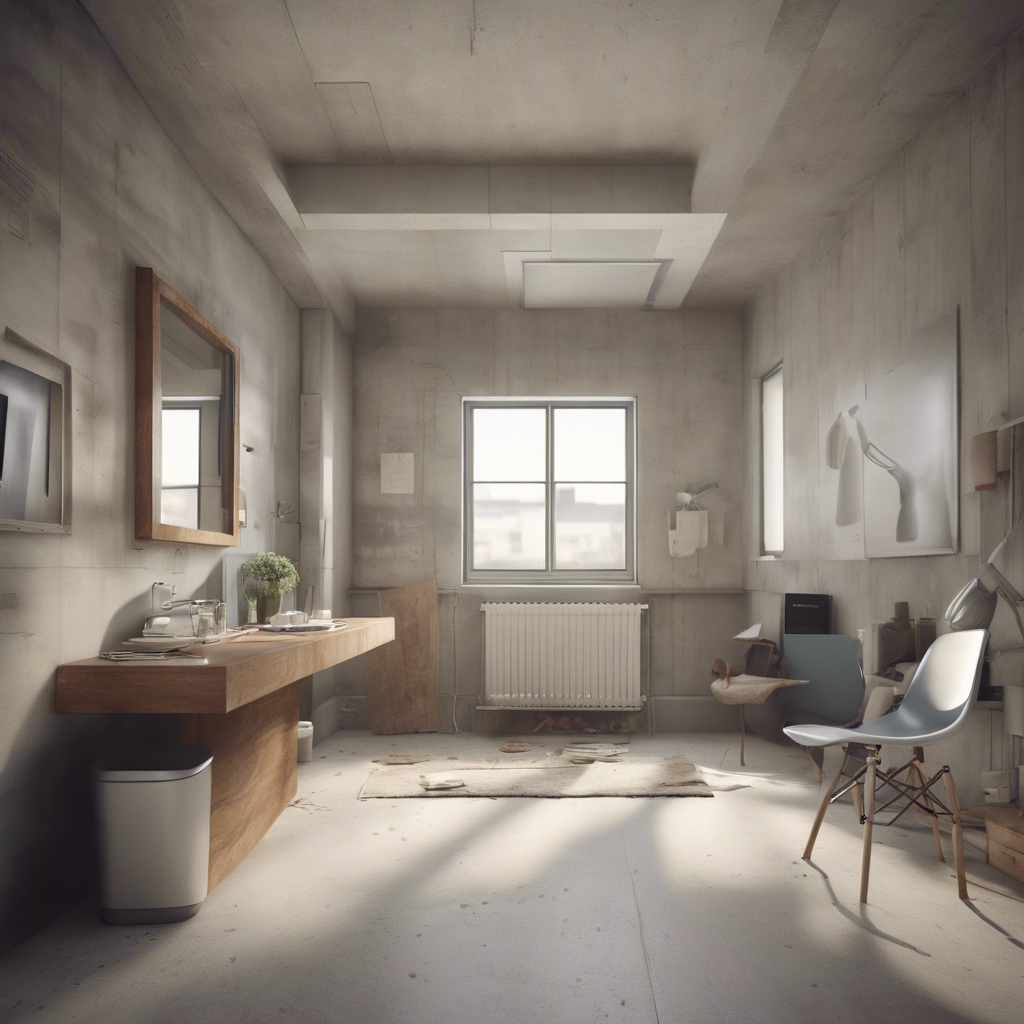Unveiling the Various Types of Sheetrock: A Comprehensive Guide
- VINAWOOD GROUP
- Jul 14, 2024
- 3 min read
Are you on a quest to enhance the aesthetics and functionality of your space through the use of sheetrock? Look no further! In this article, we delve into the diverse types of sheetrock available in the market, shedding light on their unique features and applications. From basic options to high-performance varieties, understanding the different types of sheetrock is essential for making informed decisions when it comes to your construction or renovation projects.
Let's embark on this insightful journey to explore the fascinating world of sheetrock.
1. Regular Drywall

Regular drywall, also known as gypsum board, is the most common type of sheetrock used in residential and commercial construction. It is versatile, easy to install, and serves as a cost-effective option for walls and ceilings. Regular drywall comes in different thicknesses to suit various project requirements.
> Read more: 1/8 inch plywood, 15/32 plywood, 19/32 plywood, 5x10 plywood
2. Moisture-Resistant Drywall

Moisture-resistant drywall is specially designed for areas prone to high humidity levels, such as bathrooms, kitchens, and basements. It contains additives that make it more resistant to mold and mildew, ensuring durability in damp environments. This type of sheetrock is an ideal choice for maintaining the integrity of your walls in moisture-heavy spaces.
> Get more details: pine plywood, ac plywood, bamboo plywood, bendable plywood,poplar plywood
3. Fire-Rated Drywall
Fire-rated drywall is engineered to provide enhanced fire resistance, making it a crucial component in buildings where fire safety is a top priority. It contains glass fibers and other materials that slow down the spread of flames, giving occupants valuable time to evacuate in case of a fire emergency. Fire-rated drywall is commonly used in commercial buildings, hospitals, and other structures where fire protection measures are essential.
> Discover more: burnt plywood floor, plywood edge banding, plywood garage walls, plywood kitchen cabinets
4. Soundproof Drywall
For spaces where sound control is paramount, soundproof drywall offers a solution to minimize noise transmission between rooms. This type of sheetrock features multiple layers and sound-dampening materials that absorb and block sound vibrations, creating a quieter and more peaceful indoor environment. Soundproof drywall is ideal for home theaters, recording studios, and spaces where privacy and noise reduction are critical.
5. Mold-Resistant Drywall
Mold-resistant drywall is specifically formulated to inhibit the growth of mold and mildew, making it an excellent choice for areas with high humidity or moisture issues. It contains additives that prevent mold spores from thriving on the surface, promoting a healthier indoor environment and protecting the integrity of your walls.
Conclusion
In conclusion, the world of sheetrock offers a myriad of options to cater to different project needs and challenges. Understanding the characteristics and applications of various types of sheetrock is crucial in ensuring the success of your construction or renovation endeavors. Whether you are looking for moisture resistance, fire protection, sound control, or mold prevention, there is a sheetrock variety available to meet your requirements.
Next time you embark on a building project, remember to consider the benefits of each type of sheetrock discussed in this article. Elevate your space with the right sheetrock choice and enjoy the lasting benefits it brings.
Unveil the potential of sheetrock in transforming your living or working environment today!
Stay Informed, Stay Empowered!
> Get more details:



Comments